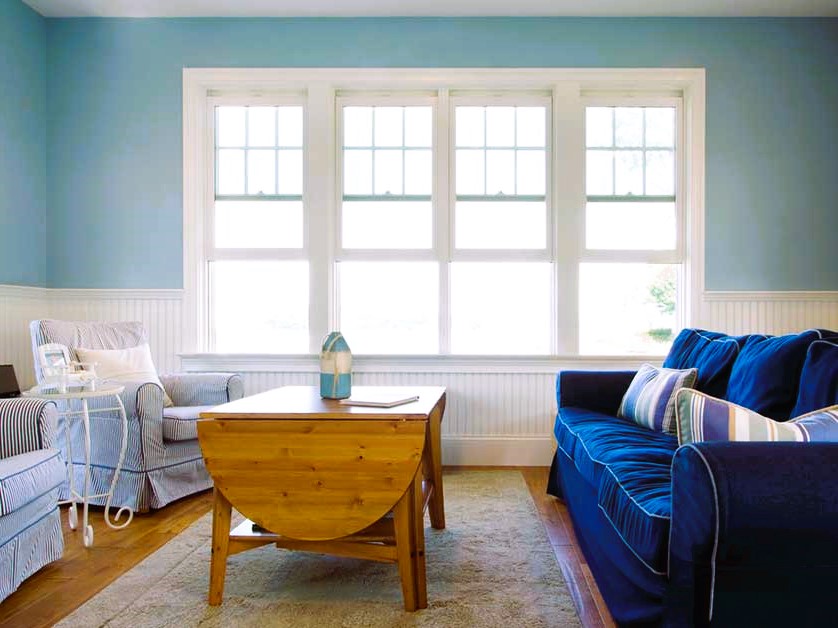In the quest for sustainable living, every aspect of home design plays a crucial role, including the often-overlooked element of windows. Energy-efficient windows are not only a key component of sustainable home design but also offer numerous benefits for homeowners and the environment alike. In this article, we delve into the significance of energy-efficient windows and how they contribute to creating greener, more eco-friendly homes.
Understanding Energy-Efficient Windows
Energy-efficient windows are designed to minimize heat transfer between the interior and exterior of a building, thereby reducing the need for artificial heating and cooling. These windows are typically constructed with advanced materials and features that enhance insulation and thermal performance, such as multiple panes of glass, low-emissivity coatings, and insulated frames.
One of the primary benefits of energy-efficient windows is their ability to help regulate indoor temperatures, keeping homes cooler in summer and warmer in winter. By reducing reliance on heating and cooling systems, energy-efficient windows not only lower energy bills but also decrease greenhouse gas emissions associated with energy production.
Enhanced Comfort and Quality of Life

In addition to energy savings, energy-efficient windows contribute to enhanced comfort and quality of life for homeowners. By minimizing drafts, cold spots, and heat buildup, these windows create a more comfortable indoor environment year-round, allowing occupants to enjoy consistent temperatures and improved indoor air quality.
Moreover, energy-efficient windows can help reduce outside noise infiltration, providing a quieter and more peaceful living space. This is particularly beneficial for homes located in busy urban areas or near noisy streets, where noise pollution can be a significant concern. Did you like the article? Read also about Understanding Energy Ratings.
Environmental Benefits
The environmental benefits of energy-efficient windows extend beyond individual homes to the broader community and planet. According to the U.S. Department of Energy, residential and commercial buildings account for about 40% of total energy consumption in the United States, with windows being a significant contributor to energy loss.
By promoting the widespread adoption of energy-efficient windows, we can collectively reduce energy consumption, decrease reliance on fossil fuels, and mitigate the impacts of climate change. Additionally, energy-efficient windows help conserve natural resources and reduce the environmental footprint associated with energy production and consumption.
Building Codes and Standards
The importance of energy-efficient windows is underscored by building codes and standards that govern energy performance in residential and commercial buildings. These codes establish minimum requirements for insulation, air infiltration, and overall energy efficiency, including specifications for windows and doors. The importance of energy efficient windows in sustainable home design, read more in our article.

In Canada, the National Energy Code for Buildings (NECB) sets out energy efficiency requirements for new construction and major renovations. The NECB provides guidelines for building envelope performance, including windows, to ensure compliance with energy efficiency standards and promote sustainable building practices.
Similarly, organizations such as Natural Resources Canada (NRCan) and the Canada Green Building Council (CaGBC) provide resources and guidance on energy-efficient building practices, including the selection and installation of energy-efficient windows. These organizations play a critical role in advancing sustainable building practices and promoting the adoption of energy-efficient technologies.
In conclusion, energy-efficient windows are an essential component of sustainable home design, offering a range of benefits for homeowners, occupants, and the environment. By improving insulation, enhancing comfort, and reducing energy consumption, these windows play a vital role in creating greener, more eco-friendly homes. As we strive to build a more sustainable future, investing in energy-efficient windows is a practical and effective way to reduce our environmental impact and create healthier, more resilient communities.
For more information on energy-efficient building practices and standards in Canada, visit Natural Resources Canada.

